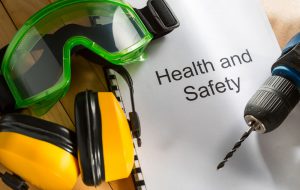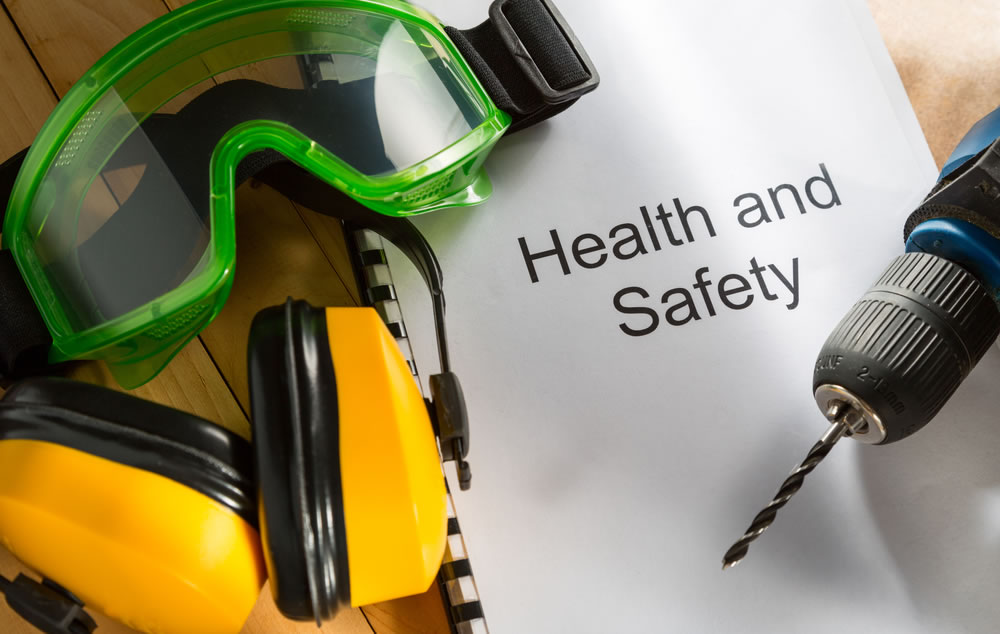 A recent court decision has a given cause for concern amongst some landlords.
A recent court decision has a given cause for concern amongst some landlords.
This relates to the question of gas safety certificates and how they may affect the outcome of a landlord’s attempt to obtain possession of a property through the Section 21 route.
The case
The court concerned has recently rejected a Section 21 possession application due to the fact that the landlord did not pass a copy of the gas safety certificate to the tenant at the time the tenancy agreement was signed.
Even though this had been rectified some months later, the fact that the procedure had not been followed correctly at the outset was considered grounds to reject the Section 21 application.
Discussion
Strictly speaking, this particular ruling only applies to the one case and does not set a strict legal precedent. Even so, it seems highly likely that any similar future cases would give significant consideration to this decision.
Although this has obviously been applied in the context of the gas safety certificates, there is no reason to assume that courts would do anything other than to take a similar view should a landlord fail to meet any other statutory requirement at the time a tenancy commences.
Currently, the gas safety certificate requirement applies to tenancies commencing from 2015 onwards but from October 2018, tenants with an agreement that commenced before that date will also be legally entitled to such certificates.
It should be noted that this isn’t the only statutory document that should be handed over. The energy performance certificate (EPC) and others are covered by new legislative directions.
It’s also worth remembering that landlord insurance providers typically require landlords to be in full compliance with the law or elements of the cover might be at risk.
Summary
For several years, successive governments have made clear their intention to more rigorously enforce the legislation that applies in the area of let properties. In addition to that, significant numbers of new laws have been passed during the same period (e.g. MEES).
It would seem to be now almost essential for landlords to make a very special effort to get up to speed on the prevailing legislation. In addition, the clear message from the above case is that things must be done absolutely in conformity with the law at the time a new tenancy agreement is implemented.
In situations where the exact procedures are not followed, landlords should anticipate potential difficulties subsequently should they need to gain possession of their property. That is typically a scenario that all landlords wish to avoid.
It probably has to be acknowledged that with the increasing amount and complexity of the legislation on the statute books, it is becoming increasingly difficult for landlords to keep themselves up to date with all of the implications, issues, procedures and documentation. Clearly though, this is something that has to be done and fortunately, there are helpful guides online both from the government, landlord insurance providers and various industry body associations.
Arguably the key message that comes out of this ruling is that it is advisable for landlords to find a little time to check their understanding of the applicable regulations and to fill in any knowledge gaps sooner rather than later.








